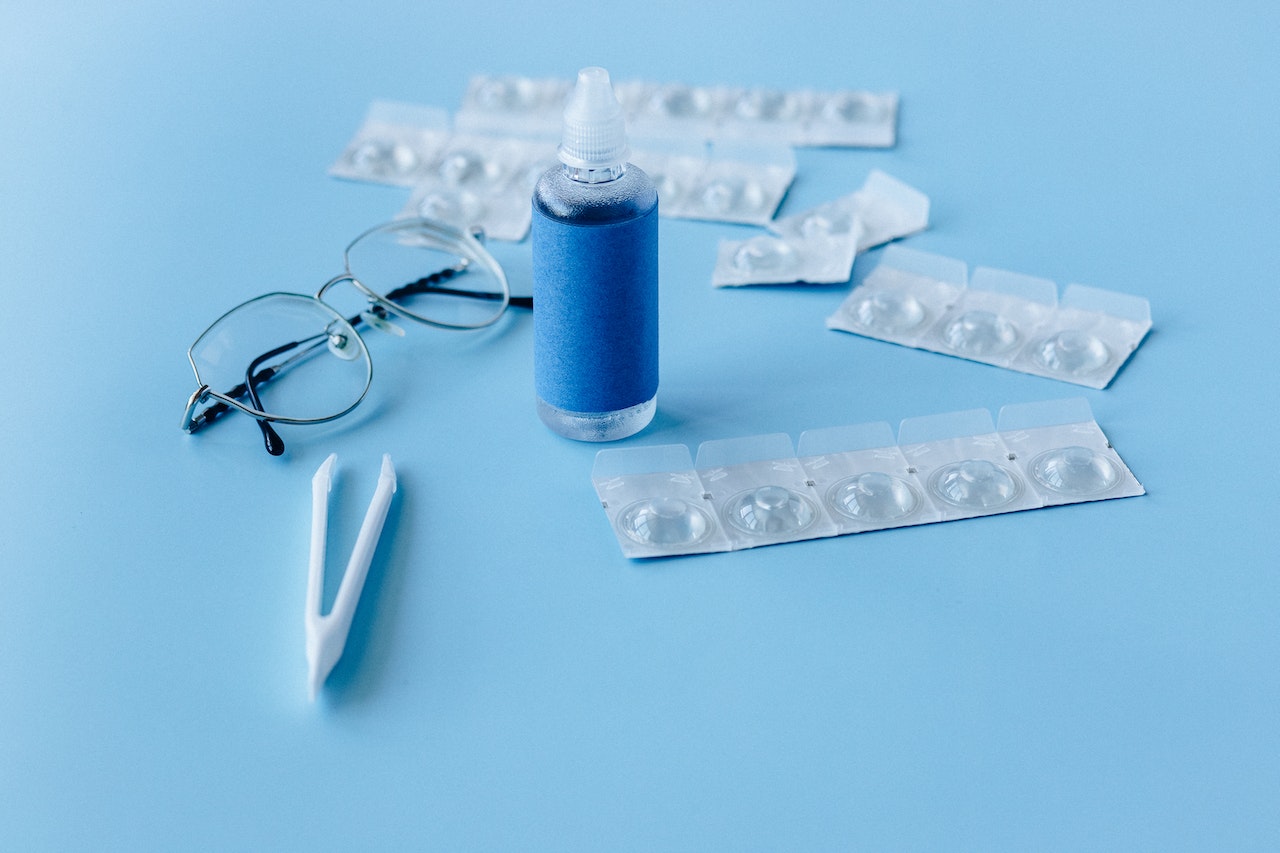Eye wash, also known as eye irrigation, refers to the process of rinsing the eyes with a gentle flow of clean, sterile, or medically approved water or saline solution. Eye wash is a form of first aid and should be used immediately after an eye injury or accidental exposure to harmful substances to minimize potential damage and alleviate discomfort.
What’s in eye wash anyways?
The most common solution used in eye washes is sterile saline solution, which is a mixture of purified water and sodium chloride (salt) at appropriate concentrations. Sterile saline closely matches the natural pH of tears, making it safe and gentle for the eyes.
Can eye wash be bad for the eye?
No, when used correctly, eye wash is not bad for the eyes; in fact, it can be beneficial in removing irritants or chemicals that may otherwise cause harm. Eye wash solutions are specifically formulated to be gentle and non-irritating to the eyes and they are designed to flush out foreign substances effectively without causing additional damage.
This being said, it’s crucial to use eye wash properly and follow the instructions such as provided those by PLUM safety with the product or the guidance of a healthcare professional. Here are some important points to keep in mind:
- Use only approved eye wash products: Ensure that the eye wash solution you are using is specifically designed for eye irrigation and is labeled as safe for ocular use.
- Follow the instructions: Use the eye wash solution according to the recommended procedure and duration. Overuse or misuse may lead to irritation.
- Rinse both eyes: Even if only one eye is affected, it’s essential to rinse both eyes to prevent any contaminants from spreading.
- Seek medical attention: While eye wash can be helpful in many situations, it is not a substitute for professional medical evaluation and treatment. If the irritation, pain, or redness persists or worsens, seek immediate medical attention.
- Avoid using tap water: Tap water may contain impurities or microorganisms that can harm the eyes. Use only sterile or medically approved eye wash solutions.
- Do not share eye wash bottles: To prevent the risk of infection, avoid sharing personal eye wash bottles with others.
